FAQ'sFrequently Asked Questions about D2iQ
Who are D2iQ?
D2iQ is a cloud-native platform provider focused on simplifying the complexities of deploying, operating, and managing containerised applications in production environments. The company aims to empower organisations with tools that enhance their digital transformation journey through Kubernetes and other cloud technologies.
What are D2iQs products?
D2iQ offers several products, including D2iQ Kubernetes Platform (DKP), which provides a comprehensive solution for managing Kubernetes at scale, and D2iQ Dispatch, a solution for managing the lifecycle of cloud-native applications. They also offer consulting and training services to further support their products.
What services do D2iQ offer?
D2iQ provides a range of services including cloud-native consulting, training and workshops, as well as support services to help organisations with the implementation and management of their Kubernetes environments.
What type of companies do D2iQs products suit?
D2iQs products are suitable for companies of all sizes that are looking to adopt Kubernetes and container orchestration technologies. They particularly cater to enterprises that require scalable and robust solutions for managing cloud-native applications.
How much do D2iQs products cost?
The pricing for D2iQs products varies based on the specific needs and scale of deployment. For accurate pricing information, it is recommended to contact D2iQ directly or visit their website for tailored quotes and subscription options.
Does D2iQ offer a free trial?
D2iQ does not explicitly advertise a free trial on their primary offerings. However, potential customers are encouraged to reach out for demos or pilot programmes that may provide a similar experience.
What discounts does D2iQ offer on their products?
D2iQ may offer discounts based on volume purchasing or during promotional periods. It is advisable to inquire directly with their sales team for any current discounts or offers.
Are there any hidden fees or additional costs with D2iQ?
D2iQ strives for transparency in its pricing. However, additional costs may arise from optional services, support plans, or add-ons. It is important to review the terms of service and consult with D2iQ for a complete understanding of potential costs.
Who uses D2iQs products?
D2iQs products are used by a variety of organisations, including large enterprises, technology companies, and businesses transitioning to cloud-native architectures. Their solutions are designed to support teams in DevOps, IT operations, and application development.
What are the main features of D2iQs products/services?
Main features of D2iQs products include automated Kubernetes management, multi-cluster support, application lifecycle management, and robust security capabilities. Their platform also integrates observability tools and provides a user-friendly interface for managing deployments.
How does D2iQ compare to its competitors?
D2iQ differentiates itself through its comprehensive support for Kubernetes and focus on enterprise-grade solutions. Compared to competitors, D2iQ offers a robust platform with additional features tailored for scalability and security, though specific comparisons should consider individual business needs.
Is D2iQs platform easy to use?
D2iQs platform is designed with user experience in mind, providing intuitive interfaces and automated features that facilitate ease of use. However, the complexity of Kubernetes may require initial training and familiarisation.
How easy is it to set up D2iQs product or service?
The setup process for D2iQ’s products is streamlined, with comprehensive documentation and resources available. However, organisations may require technical expertise to fully leverage the platform’s capabilities during initial deployment.
Is D2iQ reliable?
D2iQ is considered reliable, with a focus on enterprise-grade solutions and robust infrastructure. Many users report positive experiences regarding uptime and performance; however, individual experiences may vary based on specific use cases.
Does D2iQ offer customer support?
Yes, D2iQ provides customer support through various channels, including email, support tickets, and potentially live chat, depending on the service level agreement. They also offer extensive documentation and resources for users.
How secure is D2iQ’s platform?
D2iQ places a strong emphasis on security, incorporating features such as role-based access control, compliance checks, and integrated security tools to ensure that deployments are protected against potential vulnerabilities.
Does D2iQ integrate with other tools or platforms?
D2iQ supports integration with a variety of tools and platforms commonly used in cloud-native environments, including CI/CD tools, monitoring solutions, and logging systems to enhance operational efficiency.
Can I use D2iQ on mobile devices?
D2iQ’s platform is primarily designed for desktop use and may not offer a dedicated mobile application. However, users can access the platform through mobile web browsers, though functionality may be limited compared to desktop access.
What do users say about D2iQ?
User feedback on D2iQ is generally positive, highlighting its robust feature set, ease of use, and comprehensive support. Some users may mention the learning curve associated with Kubernetes, but overall satisfaction with the platform is common.
What are the pros and cons of D2iQ?
- Pros: Comprehensive Kubernetes management, strong security features, excellent support, and scalability.
- Cons: Potential complexity for new users, initial setup may require technical expertise, and pricing may be higher than some alternatives.
How can I purchase D2iQ’s services?
To purchase D2iQ’s services, interested parties can contact their sales team or visit their website to explore available products and request a quote tailored to their organisational needs.
What is the cancellation or refund policy for D2iQ?
D2iQ’s cancellation and refund policy may vary based on the specific terms agreed upon at the time of purchase. It is recommended to review the service agreement or contact customer support for detailed information.
Who uses D2iQ?
D2iQ is used by IT departments, DevOps teams, and organisations undergoing digital transformation that require efficient management of containerised applications and Kubernetes environments.
What are the common use cases for D2iQ?
Common use cases for D2iQ include deploying microservices architectures, managing hybrid cloud environments, and facilitating DevOps practices through improved application lifecycle management.
Why choose D2iQ over other options?
Choosing D2iQ may be beneficial for organisations seeking a robust, enterprise-ready Kubernetes solution with strong support and integration capabilities, particularly for those with complex cloud-native application needs.
How easy is it to set up D2iQ?
The setup of D2iQ is generally straightforward, aided by comprehensive documentation. However, organisations may need to allocate resources for initial configuration and integration with existing systems.
Does D2iQ offer training or tutorials?
Yes, D2iQ offers training and tutorial resources to help users understand and effectively utilise their products. These resources may include online courses, webinars, and hands-on workshops.
What languages does D2iQ support?
D2iQ primarily supports English for its documentation and user interface. Additional language support may be available depending on specific customer requirements, but this should be confirmed directly with the company.
What problems does D2iQ solve?
D2iQ helps organisations solve challenges related to managing complex Kubernetes environments, providing tools for automated deployment, scaling, and security of cloud-native applications, thereby simplifying operational overhead.
Is D2iQ worth the investment?
Whether D2iQ is worth the investment depends on an organisations specific needs for Kubernetes management and cloud-native application deployment. The platform’s features and support may justify the cost for enterprises looking for robust solutions.










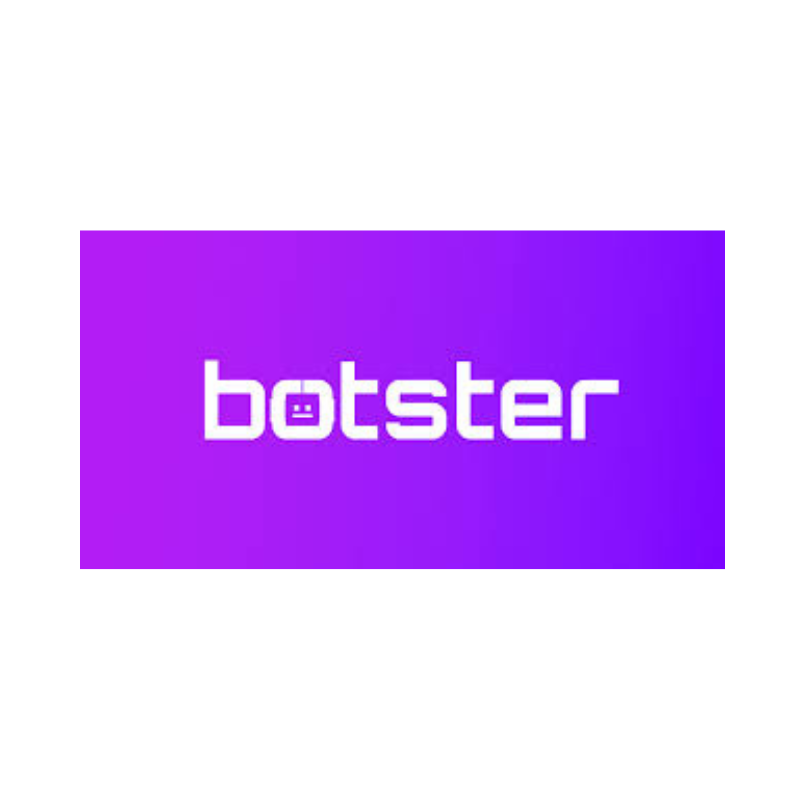
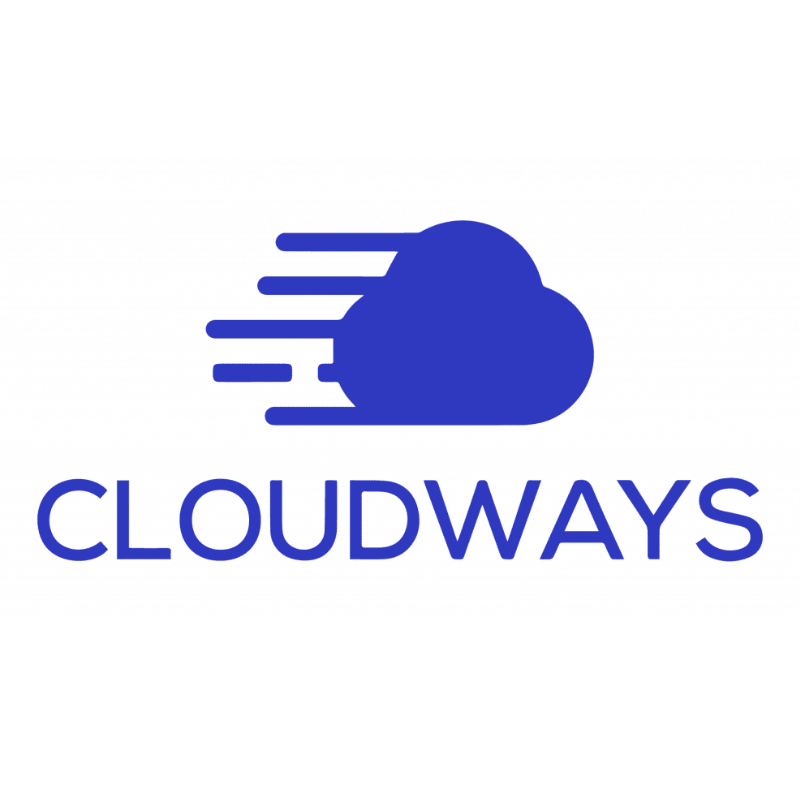
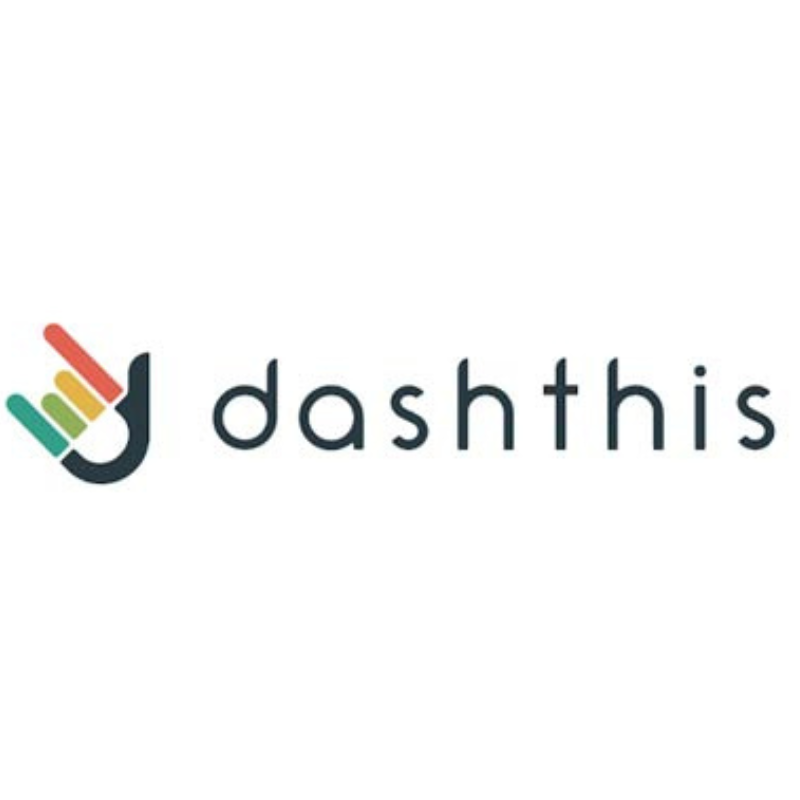
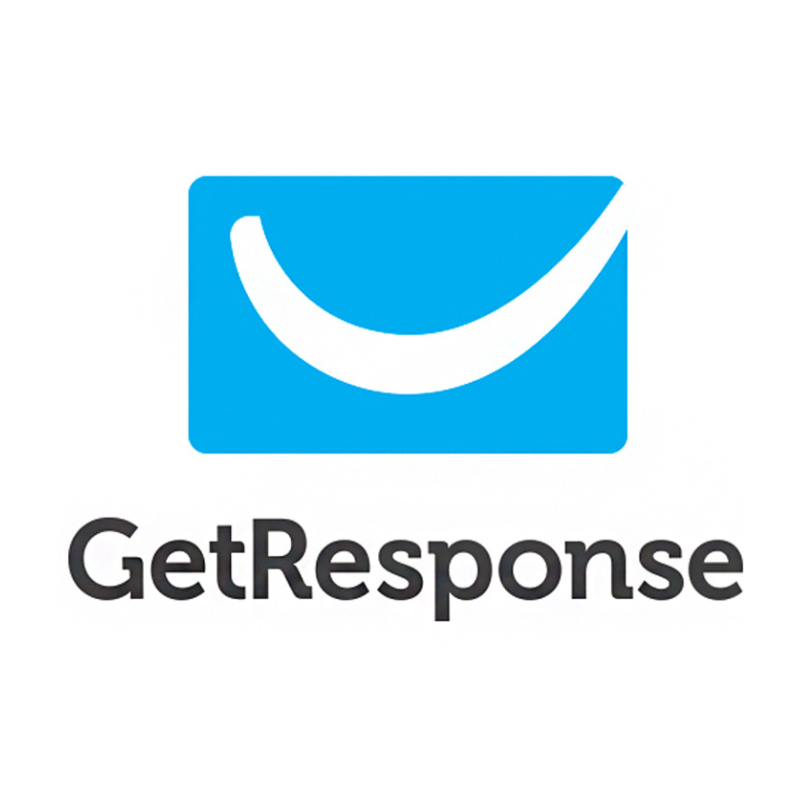
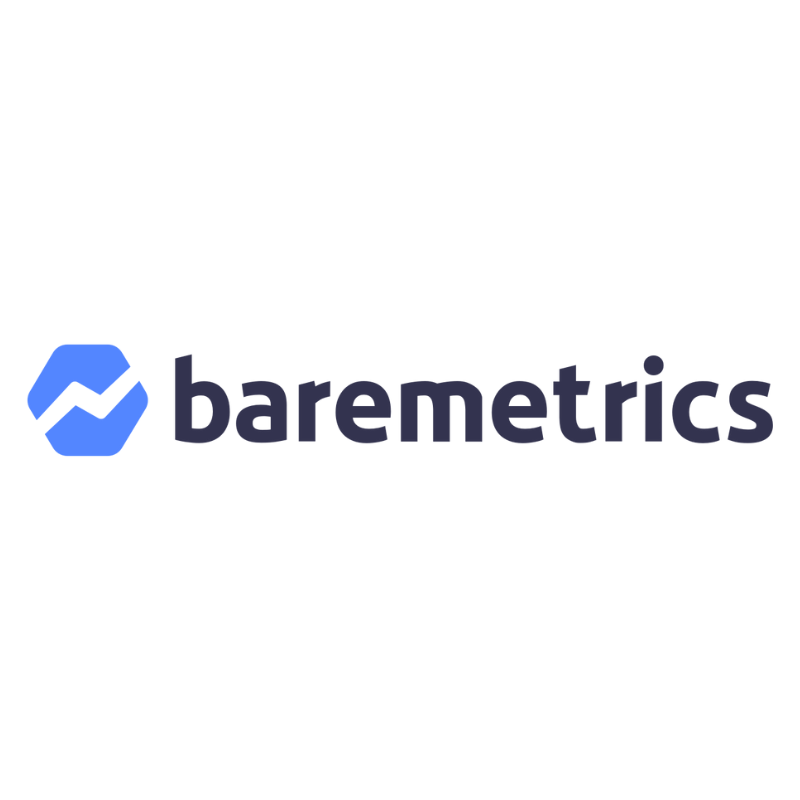
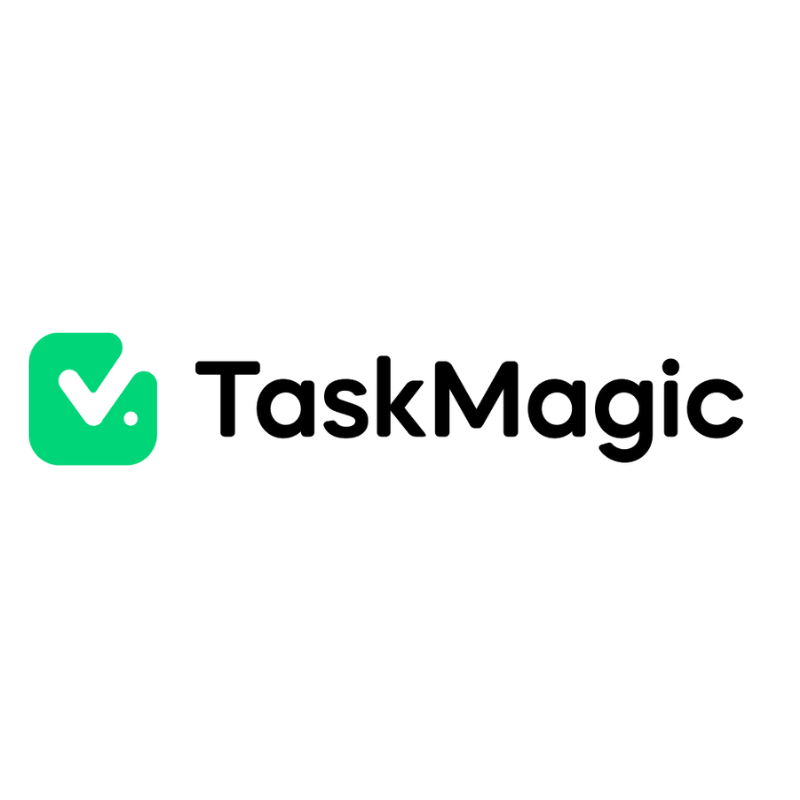





Leave a Reply
You must be logged in to post a comment.